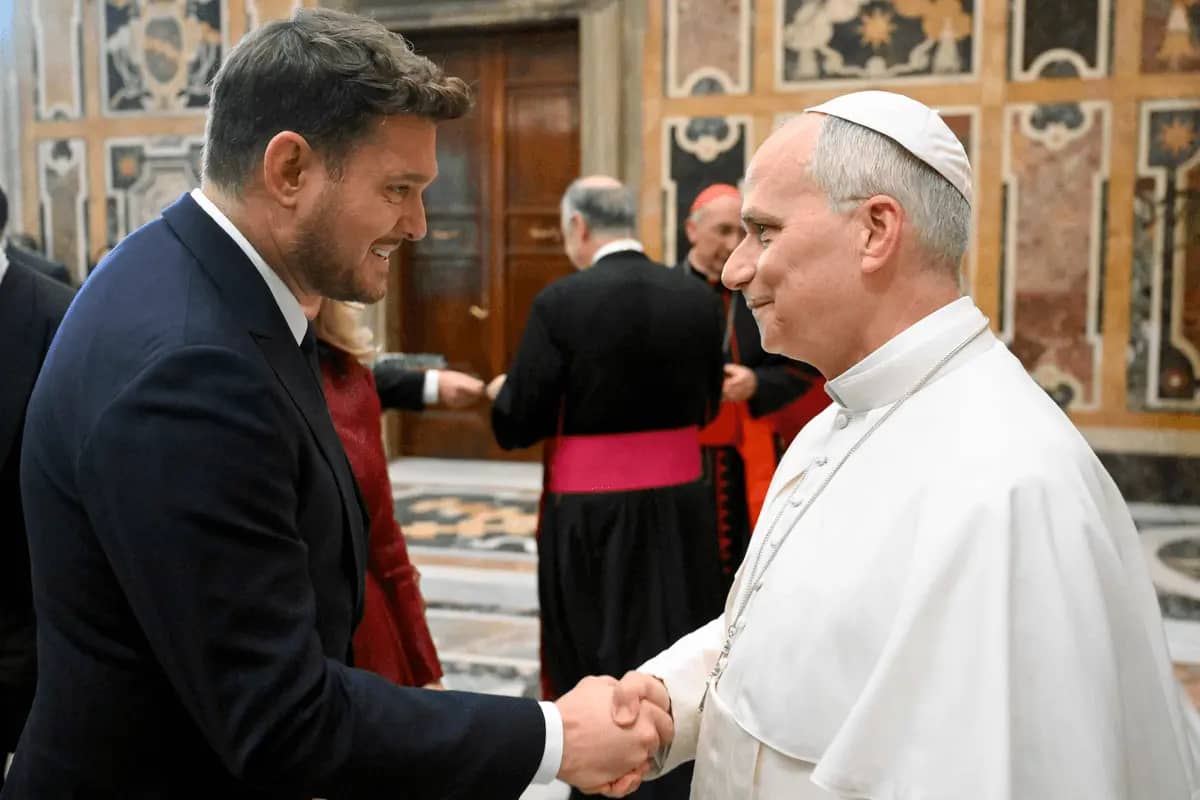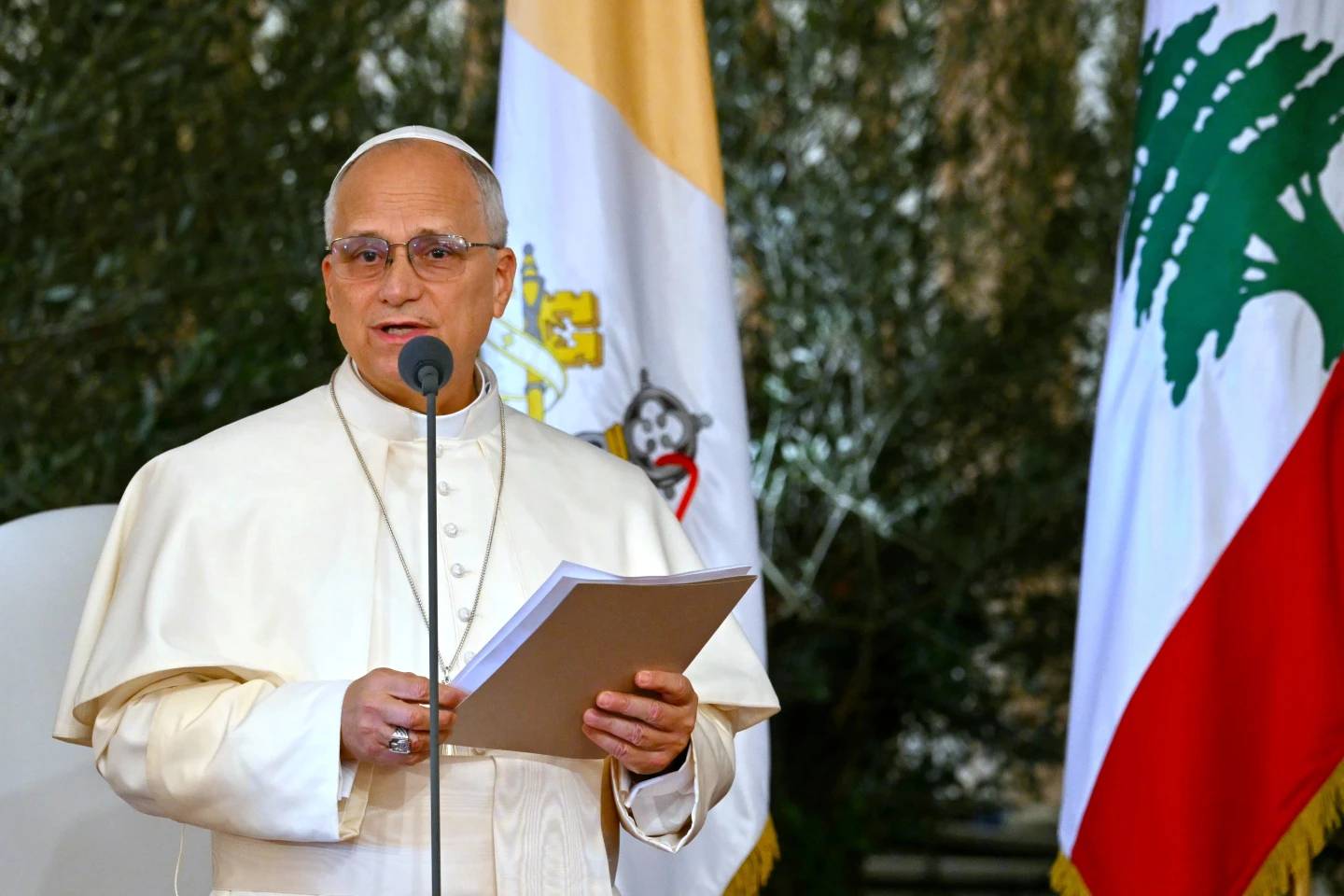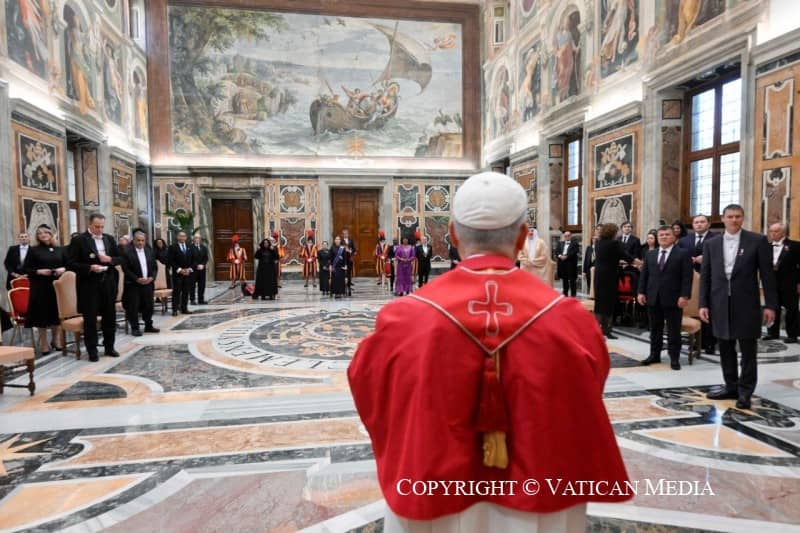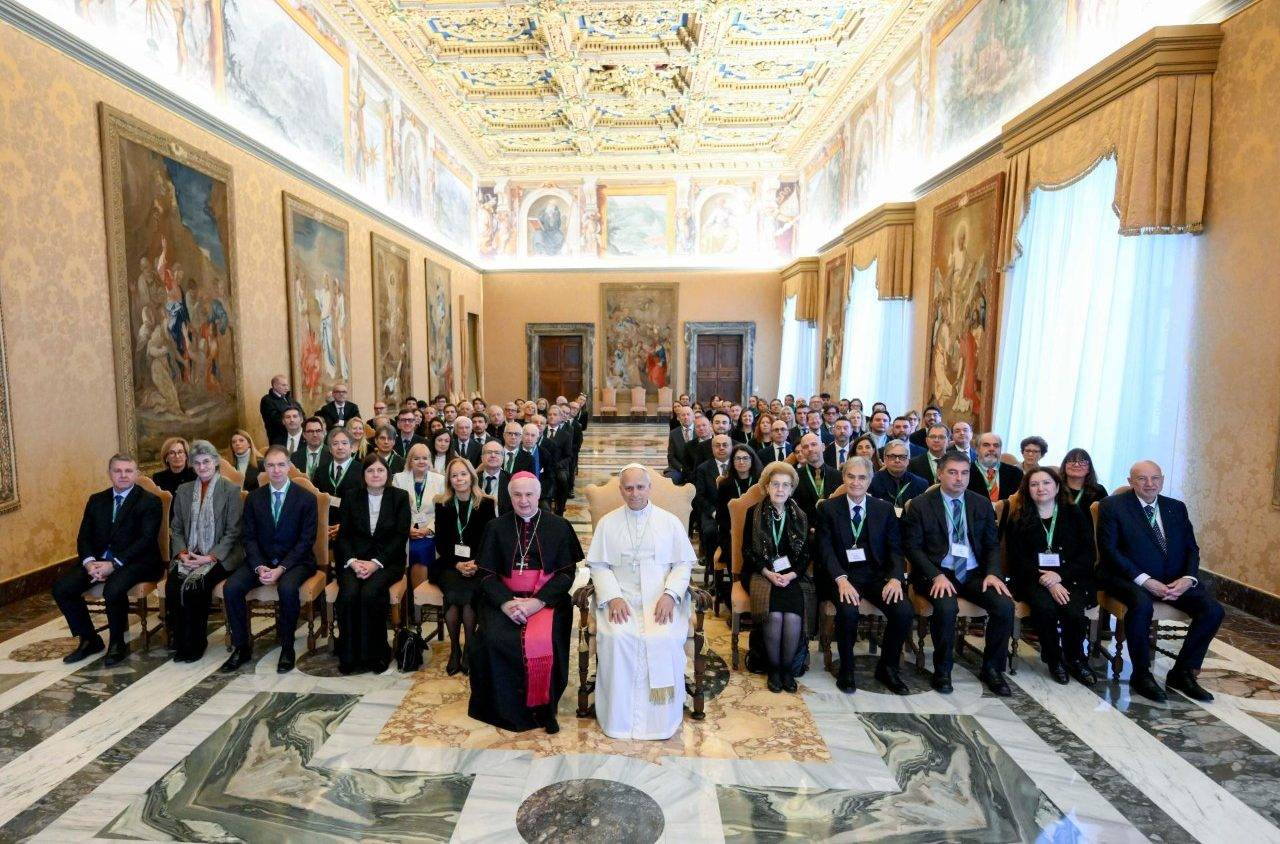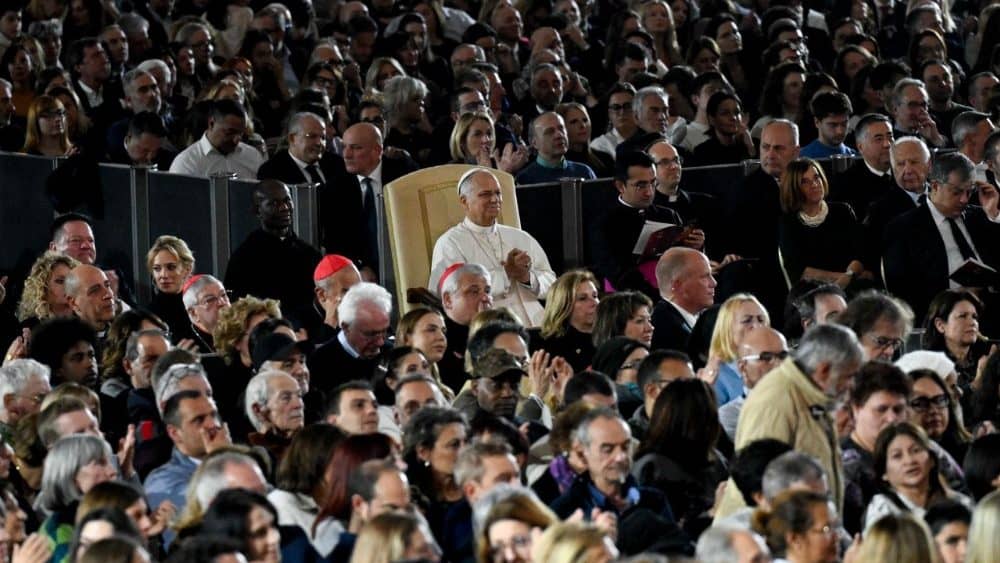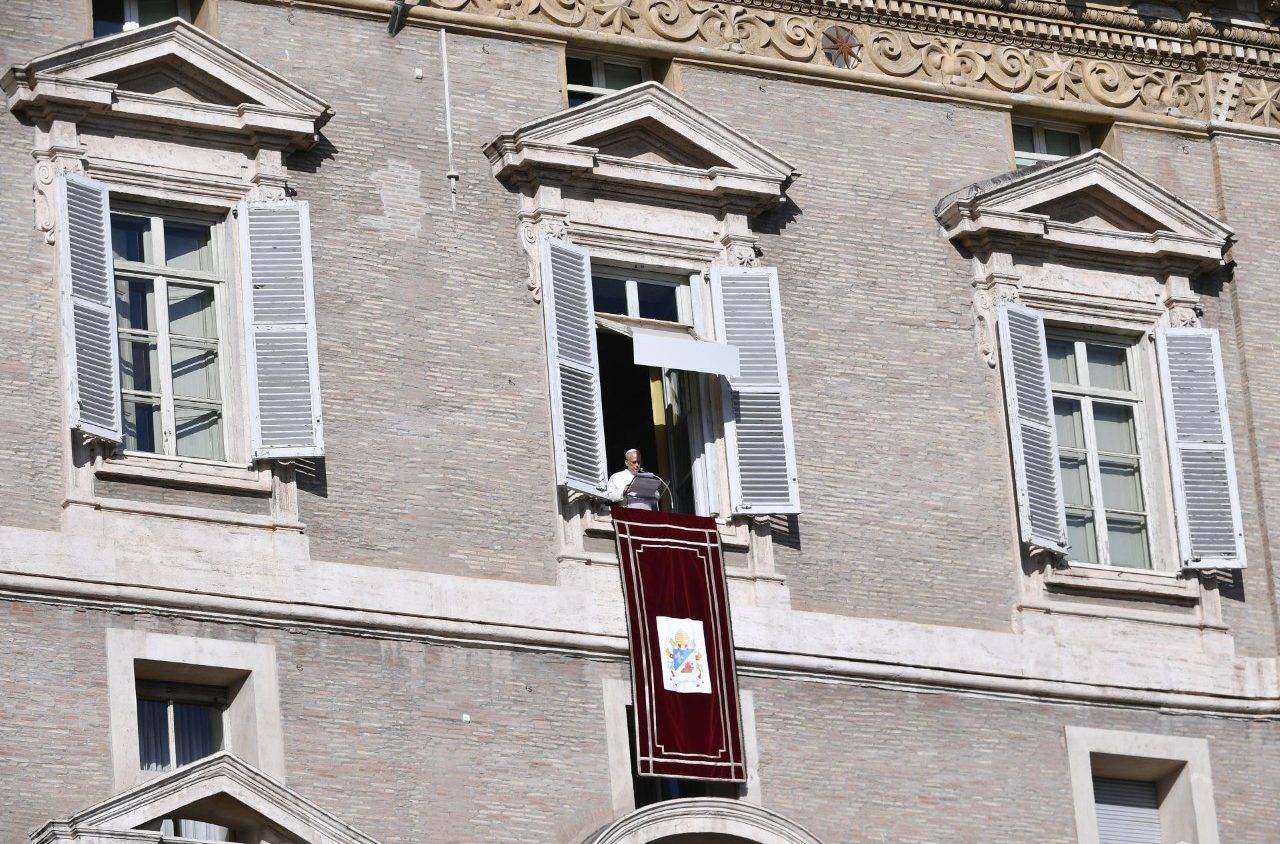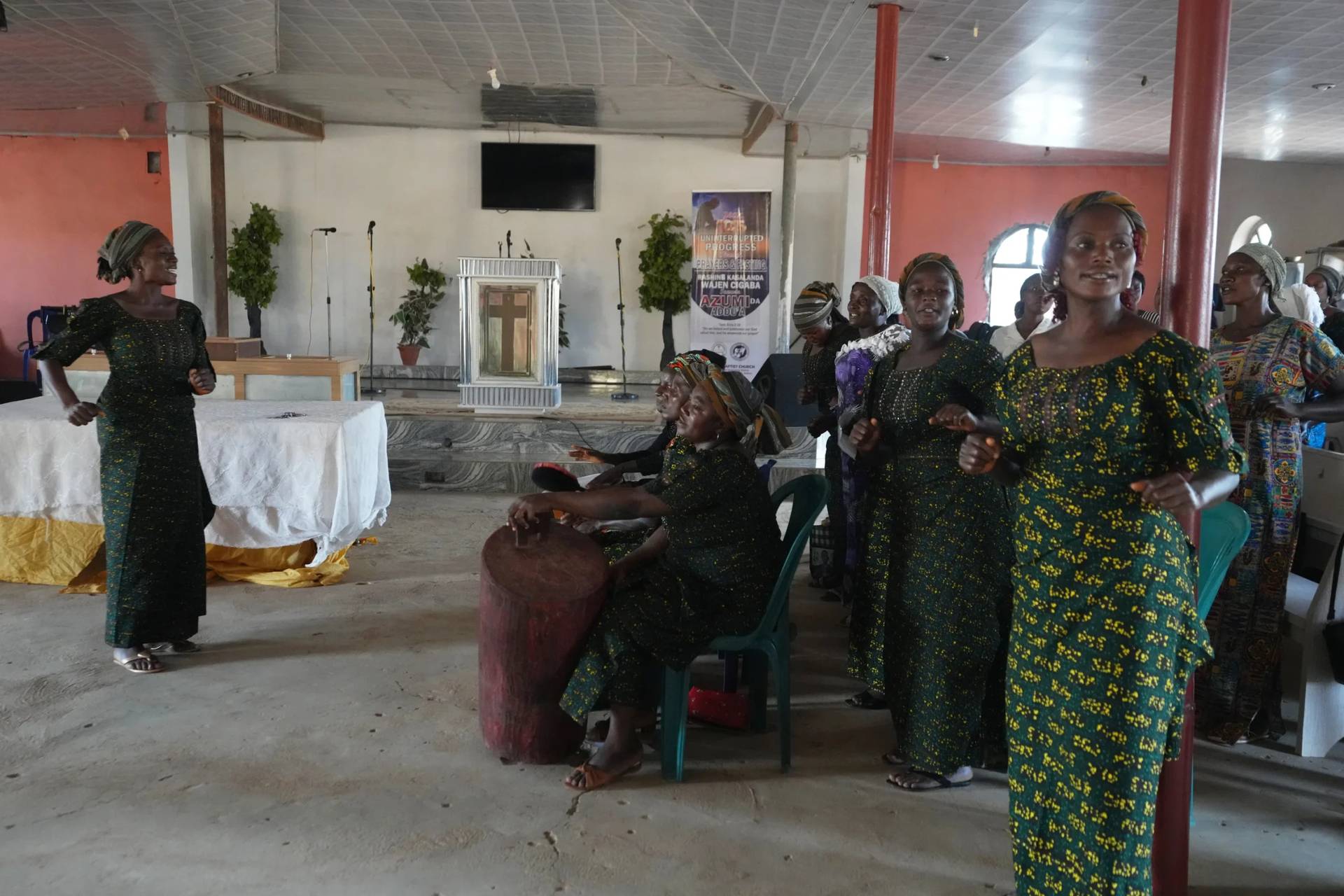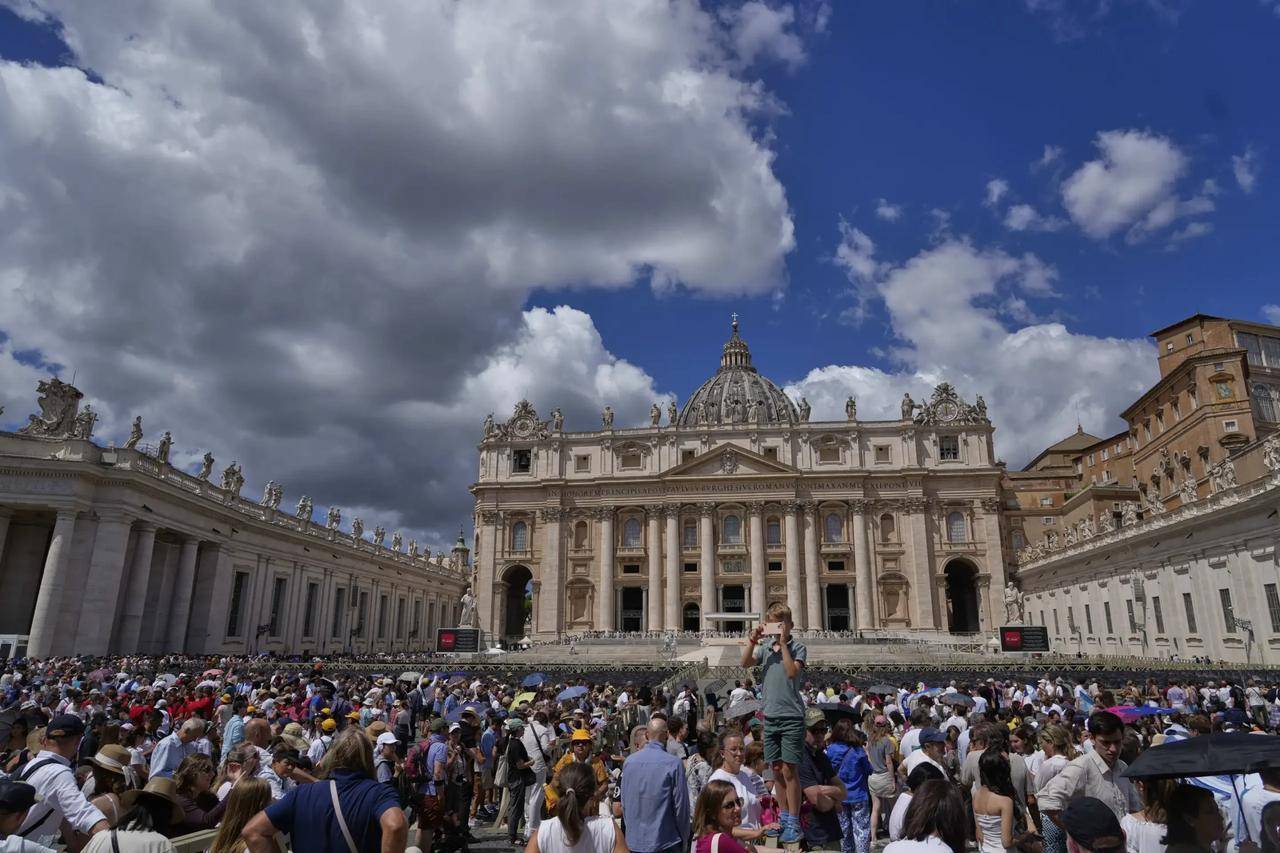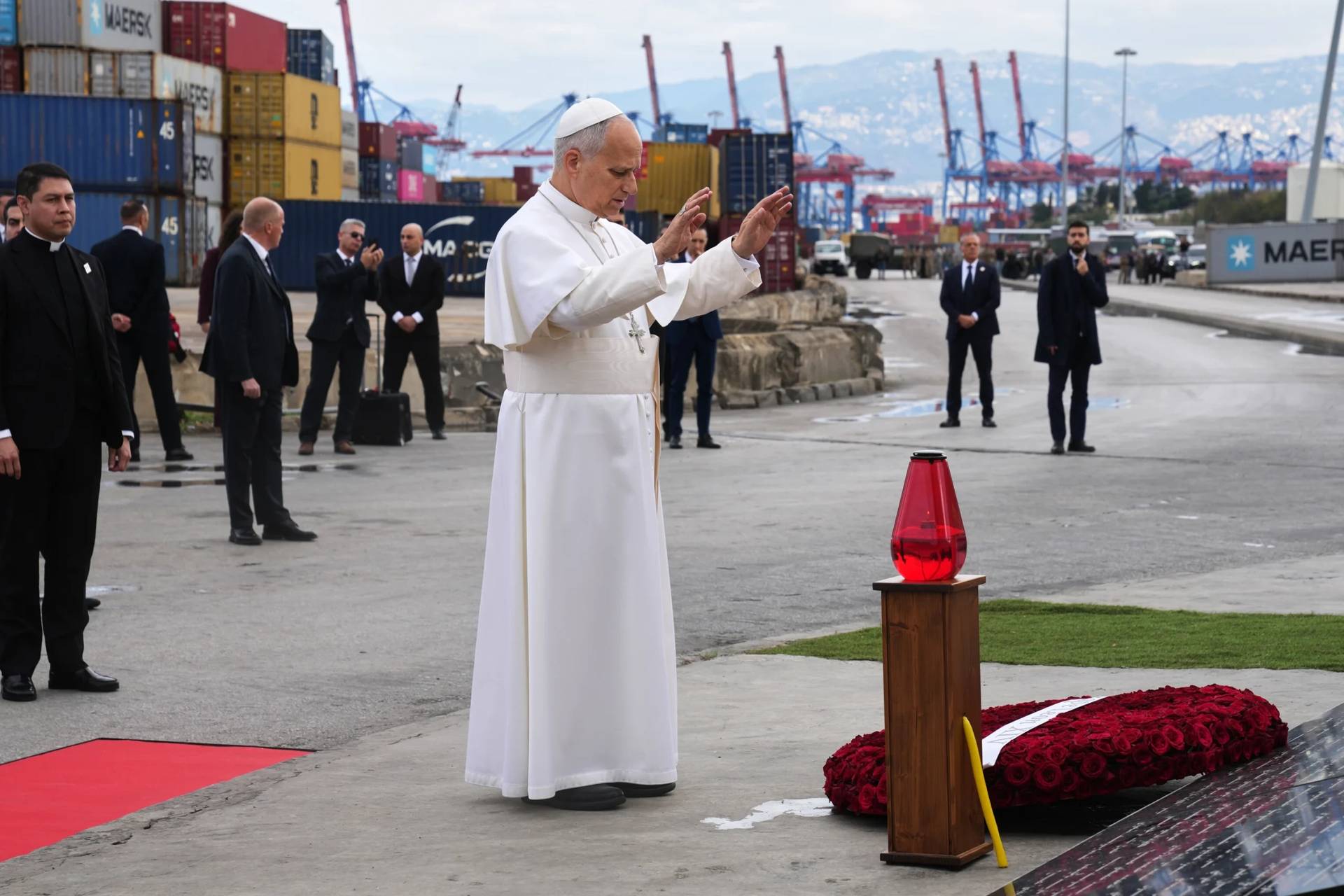WARSAW, Poland — St. John Paul II discussed stepping down as pope with his aides but was advised against it in the interest of the Catholic Church, his former secretary said in a book recently published in the pope’s native Poland.
A book of interviews with the Polish Father Mieczyslaw Mokrzycki, “Secretary of Two Popes,” released last month, has offered some insight into the daily life at the Vatican with John Paul and his German-born successor, Benedict XVI.
Mokrzycki, now the Archbishop of Lviv, Ukraine, served as John Paul’s secretary from 1996 until the pope’s 2005 death. He then became secretary to Benedict from 2005 to 2008.
While the book said that both pontiffs spent much of their days praying, it pointed out the contrast between gregarious John Paul, who would invite aides and friends to morning Masses and to debates at the table, and Benedict, who liked to “eat in peace” and spent his free time playing the piano.
John Paul’s musings about resignation had previously been revealed by his personal secretary, Cardinal Stanislaw Dziwisz. But Mokrzycki described the circumstances.
Mokrzycki said that the aging and ailing Polish pontiff would sometimes ask those gathered around the table during meals — his Secretary of State, Cardinal Angelo Sodano, and other cardinals and bishops — whether he should resign because of his old age and poor health.
“Everyone advised against it,” Mokrzycki said. “They were saying he is the Holy Father and that that means carrying out the mission to the end.”
They argued that more people came to his Masses ever since they saw him performing his duties despite his evident suffering.
Born Karol Wojtyla in Wadowice, Poland, the popular pontiff died April 2, 2005, at the age of 84. Benedict declared him a saint in 2014.
The conclusion of the same dilemma was different for Benedict, born Josef Ratzinger, who unexpectedly stepped down in 2013, aged 83, citing his fading strength. He is now “Emeritus Pope Benedict XVI” and lives in the Vatican.
“He has excellent relations with Pope Francis and I don’t think he feels lonely,” Mokrzycki said. He said Benedict receives many visitors, including retired Vatican photographer Arturo Mari and former chamberlain Angelo Gugel.
Those near him say that he “sees more people now than during his pontificate,” Mokrzycki added.
In the book, he detailed how both popes followed rigid daily schedules of meetings, signing documents, dictating speeches and praying.
John Paul expected Mokrzycki to sing prayers with him as he was shaving the pontiff, but the secretary found it too much of a challenge to do both simultaneously and suggested playing the prayers from a recorder.
“The Holy Father looked at me and I knew it was not a good idea,” Mokrzycki said. “I heard a brief ‘No’ and the pope shut his eyes and continued to pray.”
As for Benedict, he “spent hours on his knees, praying” for people who had asked for his prayers, chiefly for their health.
John Paul liked scrambled eggs on bacon for breakfast, served in a small frying pan. He also liked traditional Polish potato pancakes and a piece of cake for dessert. On Sundays, he was served Polish traditional “schabowy”— pork chop fried in eggs and bread crumbs. For visitors, it was chiefly Italian cuisine.
Both popes watched Italian TV news in the evening, and John Paul had no radio.
Benedict spent his free time playing the piano, reading, listening to classical music — “he loved Mozart” — and watching big soccer matches.
He loves cats and would spot stray ones during his walks, Mokrzycki said.






